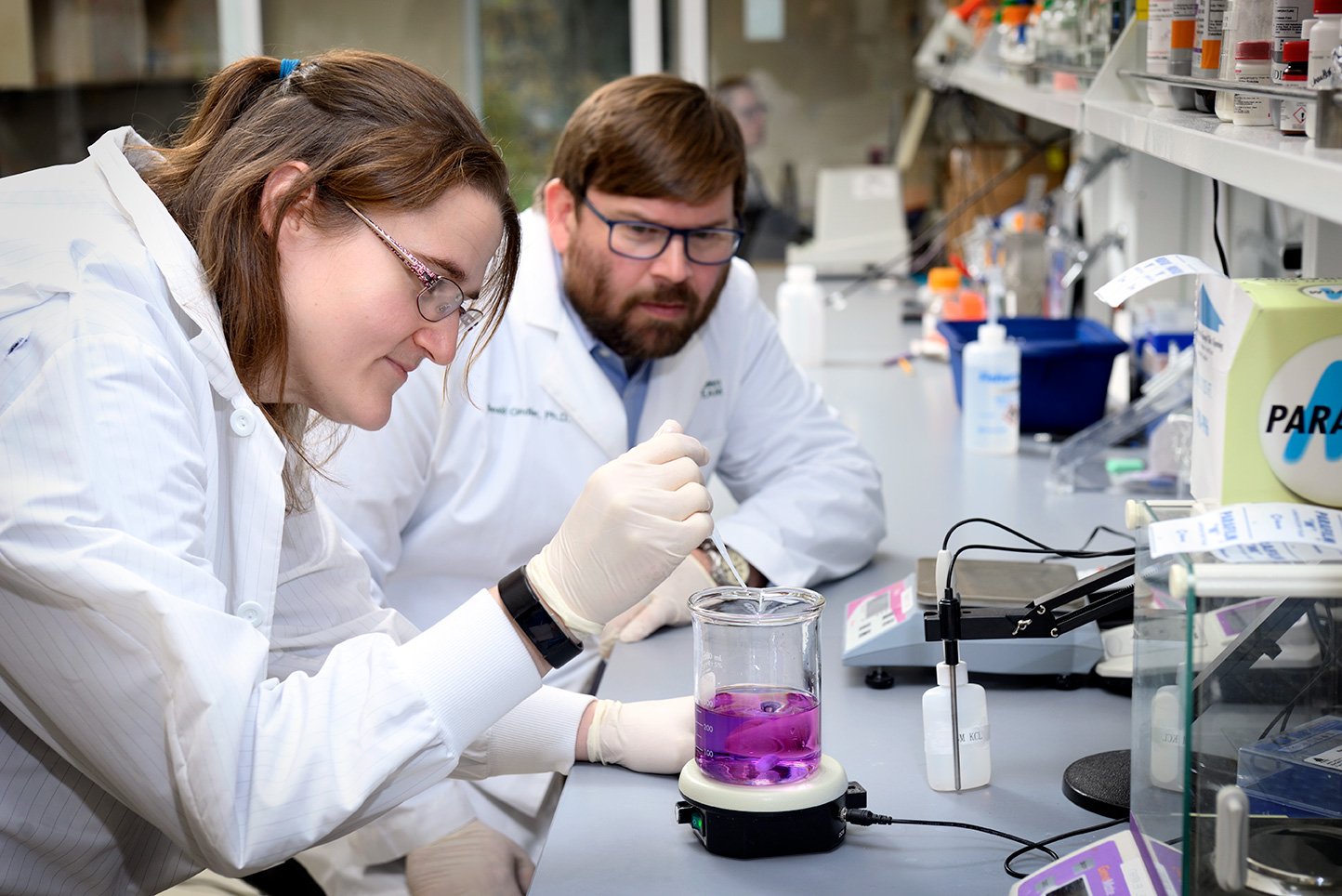A Letter From Our Chair
Our vision for the Department of Obstetrics, Gynecology and Reproductive Biology at the Michigan State University College of Human Medicine is to be the leader in the clinical translation of cutting edge innovation and research to improve the health of the patients and communities that we serve.
Richard E. Leach, M.D., FACOG, FACS
Professor and Chair
Research
A vibrant research program that continues to grow in stature. Faculty are actively involved in basic research with an overall emphasis in translational research focused on benign and malignant gynepathologies, as well as social and community based research.
Latest News
New leadership role continues advocacy work for addiction medicine physician
After a morning of Zoom meetings, a phone call to Senator Elissa Slotkin’s office and training medical students, Cara Poland, MD, MEd, still has plenty of energy to juggle her many roles. Poland is an associate professor with MSU College of Human Medicine and a physician at Trinity Health driven to advance addiction treatment through her clinical practice, teaching and advocacy.
MSU researcher awarded national grant to study rare childhood lung disease
Scientific research is a long game. You never know how a discovery made in a lab a decade ago may contribute to treatment for an as yet undiscovered deadly disease in the future. Ripla Arora, PhD, is experiencing this now. She just received the Pulmonary Hypertension Association (PHA) Pediatric PH Research Award to expand on research she started over ten years ago while studying embryology.
Bruce Drukker Endowed Award of Excellence in Obstetrics and Gynecology
Congratulations to Ashley Caron, MD candidate 2025, who is this year’s recipient of the Bruce Drukker Endowed Award of Excellence in Obstetrics and Gynecology.

